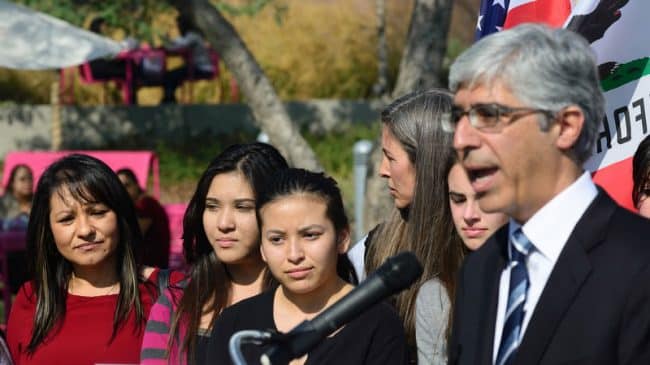IN THE UNITED STATES COURT OF APPEALS FOR THE ELEVENTH CIRCUIT
THOMAS HAYDEN BARNES, Plaintiff-Appellant, v. RONALD M. ZACCARI, BOARD OF REGENTS OF THE UNIVERSITY SYSTEM OF GEORGIA, Defendants-Appellees
Filed by Reason Foundation, The Foundation for Individual Rights in Education, The American Booksellers Foundation for Free Expression, The American Civil Liberties Union Foundation of Georgia, The American Council of Trustees and Alumni, The Cato Institute, The Electronic Frontier Foundation, The Individual Rights Foundation, The National Coalition Against Censorship, Southeastern Legal Foundation, Students For Liberty, and Student Press Law Center.
More than a half-century ago, the Supreme Court eloquently expressed the importance of protecting constitutional rights on our nation’s public university campuses. “The essentiality of freedom in the community of American universities is almost self-evident,” the Court observed. Sweezy v. New Hampshire, 354 U.S. 234, 250; 77 S. Ct. 1203, 1211 (1957). “To impose any strait jacket upon the intellectual leaders in our colleges and universities would imperil the future of our Nation. . . . Teachers and students must always remain free to inquire, to study and to evaluate, to gain new maturity and understanding; otherwise our civilization will stagnate and die.”
But despite this sterling statement, reaffirmed by decades of precedent, students like Hayden Barnes continue to find their constitutional rights to freedom of expression and due process violated on campuses nationwide. Too often, public university administrators censor student speech protected by the First Amendment simply because it is dissenting, unpopular, or merely inconvenient-just as former Valdosta State University President Ronald Zaccari did in the case now before this Court. Time and again, students suffer serious disciplinary consequences for having the temerity to speak their minds on campus-and time and again, they are denied basic due process protections when facing suspension and expulsion for doing so. Zaccari’s expulsion of Barnes is a textbook example of First Amendment retaliation. This Court must overturn the district court’s strained reading of Barnes’ retaliation claim to reestablish the primacy of the First Amendment on campus- because sadly, Hayden Barnes’ case is no anomaly.
But while the harm suffered by Barnes is common, Barnes himself is not. Expelled without a hearing for exercising his First Amendment rights, Barnes fought back. With the aid of skilled counsel, Barnes has vindicated his constitutional right to due process, securing a landmark victory that has echoed throughout higher education. Hailed by experts as one of the most important student conduct cases of the past quarter-century, Barnes’ widely covered win will have a powerful deterrent effect in years to come.
The public benefit of Barnes’ victory is precisely the excellent result Congress sought in passing the Civil Rights Attorney’s Fees Award Act. Nevertheless, the district court sharply reduced Barnes’ reasonable attorney’s fees award. If this result is allowed to stand, the cost of censoring and expelling students in violation of long-established constitutional rights will be lowered, and the expense of vindicating these liberties increased, harming both public higher education and the health of our democracy.
